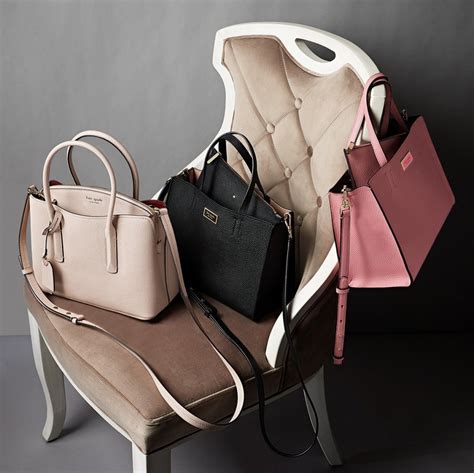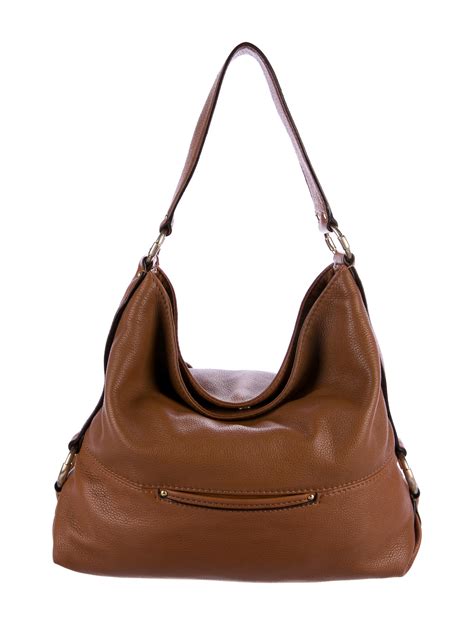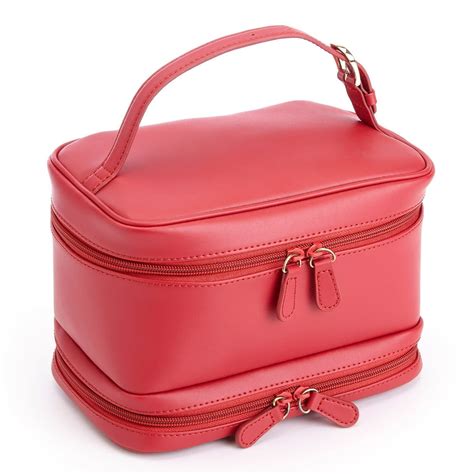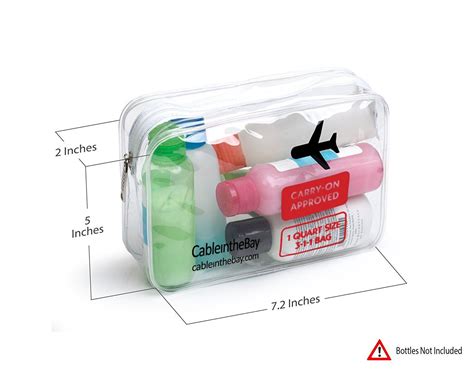dress myself up in chanel | Deborah Cox
$113.00
In stock
The question hangs in the air, shimmering with the allure of luxury, aspiration, and a certain indefinable je ne sais quoi: Should I dress myself up in Chanel? The question itself is a potent cocktail of personal desire, societal expectation, and the ever-present pressure to conform to perceived standards of beauty and success. But before diving headfirst into a tweed jacket and a string of pearls, let’s dissect this seemingly simple inquiry and, more importantly, address the underlying anxieties it often reveals. Because, at the heart of it all, lies a far more fundamental question: Do I measure me by what *you* think?
The answer, resounding and unwavering, is: Absolutely Not.
This isn't just a casual dismissal; it's a declaration of self-ownership, a refusal to be defined by external validation, and a powerful affirmation of individual identity. It’s a sentiment echoing through the pulsating beat and defiant lyrics of Deborah Cox's "Absolutely Not (Chanel Club Mix)," a song that, despite its title association with the very brand in question, becomes an anthem for self-reliance and the rejection of superficial judgments.
The Allure of the Double C: A Symbolic Examination
Chanel, as a brand, transcends mere clothing and accessories. It represents a history, a legacy, and a carefully constructed image of timeless elegance, sophisticated rebellion (ironic, considering its current status), and effortless chic. Coco Chanel herself was a revolutionary figure who liberated women from restrictive corsets and embraced comfort and practicality in fashion. She built an empire on challenging norms, and her brand continues to evoke that spirit, albeit often repackaged and commodified for a contemporary audience.
The draw to Chanel is understandable. It’s the promise of belonging to a certain echelon, of projecting an image of success and refined taste. Wearing Chanel can feel like wearing confidence, like embodying the strength and independence associated with its founder. However, this is where the potential pitfall lies. The desire to dress oneself in Chanel can easily become entangled with the desire to be *seen* a certain way, to gain approval and validation from others. It becomes less about personal style and more about performing a role dictated by external expectations.
The "Absolutely Not" Philosophy: Beyond the Brand
Deborah Cox's "Absolutely Not (Chanel Club Mix)" – and its various iterations, including the "Chanel Mix Edit" and the original "Chanel Club Mix" – provides a powerful counterpoint to this externally driven desire. While the title might seem to suggest a direct connection to the brand, the song’s core message is one of self-assuredness and independence in relationships and in life. The lyrics speak of unwavering self-belief and a refusal to tolerate disrespect or manipulation. It's about knowing your worth and not allowing anyone to define you or diminish your value.
The "Absolutely Not" philosophy extends far beyond the realm of romantic entanglements. It’s a guiding principle that applies to every aspect of life, from career choices to personal style. It's about making decisions based on your own values, desires, and aspirations, rather than conforming to societal pressures or seeking external approval.
In the context of fashion, "Absolutely Not" means refusing to be a slave to trends or to define yourself by the clothes you wear. It means embracing your own unique style, experimenting with different looks, and choosing garments that make you feel confident and authentic, regardless of their brand name or price tag.
Queer As Chanel: Reclaiming and Reframing
The intersection of Chanel and the queer community is a complex and nuanced one. On one hand, Chanel represents a certain level of affluence and access, which can be particularly appealing to queer individuals who have historically been marginalized and denied opportunities. The brand's emphasis on individuality and self-expression can also resonate with the queer community's celebration of diversity and nonconformity.dress myself up in chanel
On the other hand, Chanel, like any luxury brand, can be seen as a symbol of capitalism and consumerism, which some members of the queer community may find problematic. The brand's association with traditional femininity can also be a source of tension for queer individuals who reject binary gender roles.
However, the queer community has a long history of reclaiming and reframing symbols of mainstream culture, imbuing them with new meaning and significance. Think of the appropriation of traditionally "masculine" clothing by lesbian and transgender women, or the flamboyant and subversive use of fashion by drag queens.
In this context, dressing oneself in Chanel can be seen as a form of empowerment, a way to challenge societal norms and assert one's identity. It's about taking ownership of the brand and using it to express one's own unique style and personality, rather than simply conforming to its prescribed image.
Perhaps a queer interpretation of "dressing in Chanel" is not about acquiring the most expensive or exclusive pieces, but about creatively repurposing vintage finds, mixing high and low fashion, and imbuing the brand with a personal touch that reflects one's own experiences and values. It's about subverting the traditional image of Chanel and making it your own.
Beyond the Label: Cultivating True Confidence
Ultimately, the question of whether or not to dress oneself in Chanel is a deeply personal one. There is no right or wrong answer. However, it's crucial to approach the decision with a critical eye, to examine the underlying motivations, and to ensure that it stems from a place of self-love and self-acceptance, rather than a desire for external validation.
Additional information
| Dimensions | 5.1 × 4.5 × 1.4 in |
|---|


.jpg)
![Deborah Cox – Absolutely Not [Chanel Club Mix]](https://44seta.com/wp-content/uploads/2025/12/Deborah Cox – Absolutely Not [Chanel Club Mix].jpg)




